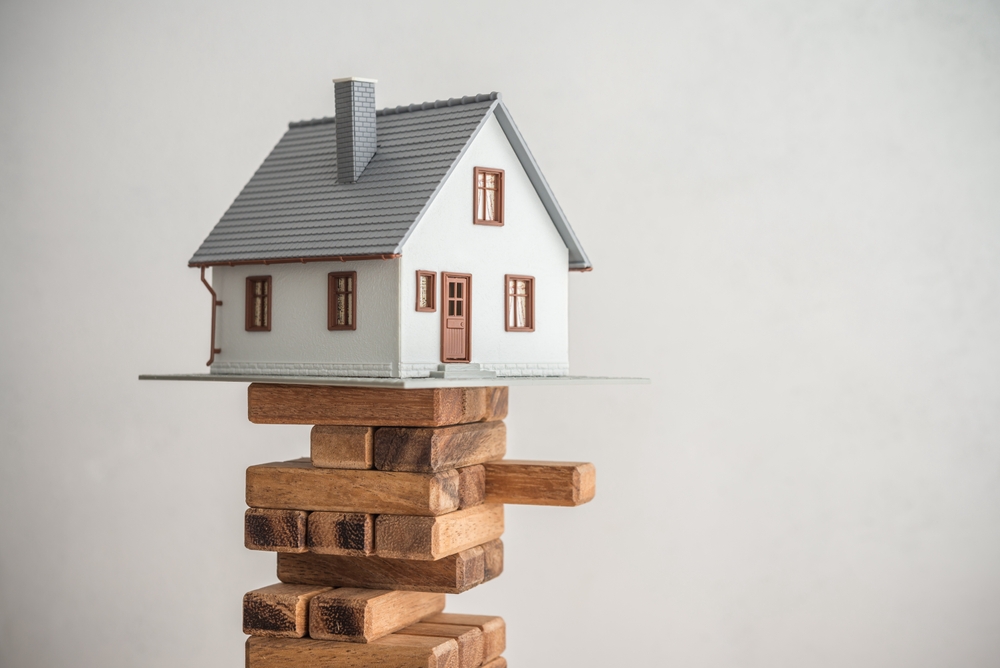Home Value: Understanding and Maximizing Your Property's Worth
Determining the value of your home is a crucial step in making informed real estate decisions. Whether you're considering selling, refinancing, or simply curious about your property's worth, understanding home value can significantly impact your financial future. This article will explore the various factors that influence home value, methods for estimating it, and strategies to enhance your property's worth.

Market conditions are another crucial factor. The current state of the real estate market, including supply and demand in your area, can significantly impact home values. Economic factors such as interest rates, employment rates, and local development projects can also influence property prices. Understanding these various elements can help homeowners make informed decisions about their property.
How can I estimate my home’s value?
There are several methods to estimate your home’s value, each with its own advantages and limitations. One of the most common approaches is using online home value calculators. These tools utilize public data and recent sales information to provide a rough estimate of your property’s worth. While convenient, it’s important to note that these calculators may not account for unique features or recent improvements to your home.
Another method is the comparative market analysis (CMA), typically performed by real estate agents. This approach compares your property to similar homes recently sold in your area, taking into account factors like size, condition, and location. A CMA can provide a more accurate estimate than online calculators, as it considers local market trends and specific property features.
For a more comprehensive valuation, you may consider hiring a professional appraiser. Appraisers conduct thorough inspections of your property and analyze market data to determine its value. While this method is generally the most accurate, it also comes with a higher cost and is often required for mortgage refinancing or certain real estate transactions.
What improvements can increase my home’s value?
Making strategic improvements to your property can significantly enhance its value. Kitchen and bathroom renovations typically offer the highest return on investment. Updating these spaces with modern fixtures, energy-efficient appliances, and attractive finishes can make your home more appealing to potential buyers and increase its overall worth.
Enhancing your home’s curb appeal is another effective way to boost value. This can include landscaping improvements, exterior painting, and updating the front entry area. These changes create a positive first impression and can make your property stand out in the real estate market.
Energy-efficient upgrades, such as installing solar panels, improving insulation, or replacing old windows, can also increase home value. These improvements not only make your home more environmentally friendly but can also lead to significant long-term savings on utility costs, which is attractive to potential buyers.
How often should I reassess my home’s value?
The frequency of reassessing your home’s value depends on various factors, including your personal financial goals and local market conditions. As a general rule, it’s wise to reassess your home’s value annually or bi-annually to stay informed about your property’s worth and potential equity.
However, certain life events or market changes may warrant more frequent assessments. If you’re considering selling your home, refinancing your mortgage, or taking out a home equity loan, it’s crucial to have an up-to-date valuation. Additionally, if your local real estate market is experiencing significant changes, such as rapid appreciation or decline, more frequent assessments can help you make informed decisions about your property.
What role do real estate professionals play in determining home value?
Real estate professionals, including agents, appraisers, and assessors, play a vital role in determining and validating home values. Real estate agents use their market knowledge and access to recent sales data to provide comparative market analyses, helping homeowners understand their property’s worth in relation to similar homes in the area.
Professional appraisers offer unbiased, detailed valuations based on thorough property inspections and market analysis. Their reports are often required for mortgage lending and can provide a comprehensive understanding of a home’s value. Real estate assessors, typically employed by local governments, determine property values for tax purposes, which can also influence market perceptions of home worth.
How do online home value calculators compare to professional appraisals?
Online home value calculators and professional appraisals serve different purposes and offer varying levels of accuracy and detail. Here’s a comparison of these two methods:
| Aspect | Online Home Value Calculator | Professional Appraisal |
|---|---|---|
| Accuracy | Moderate (based on available data) | High (based on detailed inspection and analysis) |
| Cost | Free or low-cost | Higher cost (typically $300-$600) |
| Time | Instant results | May take several days to complete |
| Detail | Limited (based on public records) | Comprehensive (includes property inspection) |
| Use Cases | Quick estimates, initial research | Mortgage applications, legal proceedings, precise valuations |
| Customization | Limited (may not account for recent improvements) | High (considers unique property features and condition) |
Prices, rates, or cost estimates mentioned in this article are based on the latest available information but may change over time. Independent research is advised before making financial decisions.
While online calculators provide a convenient starting point for understanding your home’s value, they should not be relied upon for major financial decisions. Professional appraisals offer a more accurate and comprehensive valuation, which is often necessary for mortgage applications, legal proceedings, or when precise property values are required.
Understanding your home’s value is an essential aspect of homeownership and financial planning. By considering the various factors that influence property worth, utilizing different valuation methods, and making strategic improvements, you can maximize your home’s value and make informed real estate decisions. Remember that home values can fluctuate based on market conditions, so staying informed and reassessing periodically is key to maintaining an accurate understanding of your property’s worth.






